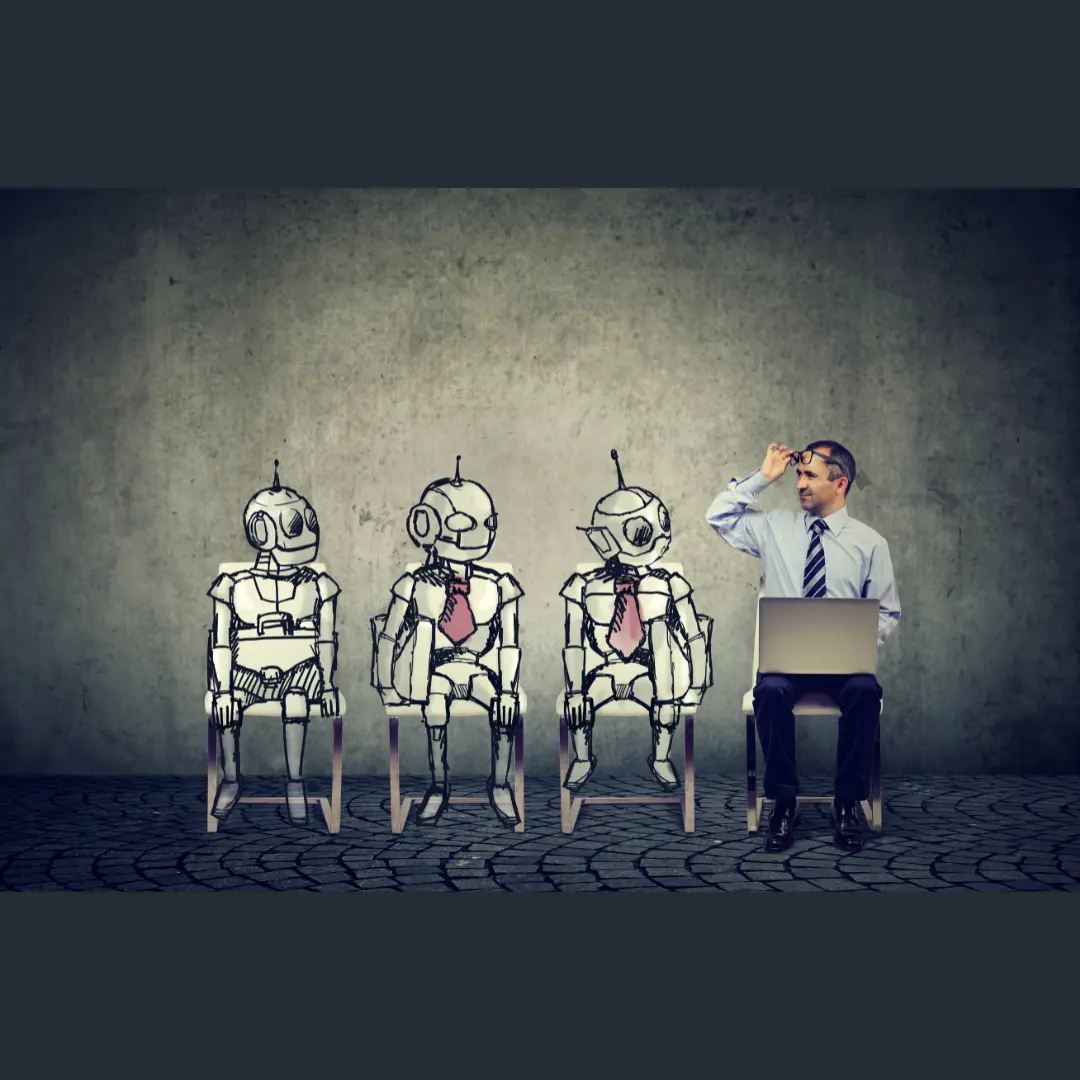Mismatched expectations happen when individuals' expected results or encounters contrast with the real comes about they experience. Within the setting of career and life aspirations, this discord can lead to dissatisfaction, disillusionment, and a sense of frustration. In this blog, we'll investigate the marvel of mismatched expectations, their fundamental causes, and techniques for overcoming them, backed by viable cases and noteworthy bits of knowledge.
Understanding Mismatched Expectations
Mismatched expectations can show in different viewpoints of life, counting instruction, career, relationships, and individual advancement. Within the setting of career desires, it regularly happens when individuals' perceptions of a specific calling or industry do not adjust to the reality of working in that field. For illustration, somebody may imagine an exciting and satisfying career in a certain industry, as it were to find the cruel substances of the work showcase, work environment culture, and day-to-day duties.
Causes of Mismatched Expectations
A few components contribute to the phenomenon of mismatched expectations:
1. Idealized Perceptions:
Individuals frequently shape idealized or romanticized ideas of certain callings or ways of life-based on societal accounts, media portrayals, or individual fantasies. These idealized recognitions may not precisely reflect the complexities and challenges of real-world encounters.
2. Lack of Information:
Restricted access to accurate and comprehensive data around career options, instructive pathways, and work advertising patterns can lead to misguided judgments and unrealistic expectations. Without appropriate direction and assets, people may base their aspirations on deficient or obsolete data.
3. Influence of Others:
Outside impacts, such as parental expectations, peer weight, or social standards, can shape individuals' career goals and objectives. When these outside impacts clash with individual interests, values, or capacities, it can create a mismatch between expectations and reality.
4. Limited Self-awareness:
A few people may need self-awareness or understanding of their qualities, shortcomings, interface, and values, driving them to seek careers ways that are ill-suited to their abilities or preferences. Without a clear understanding of themselves, they may set unrealistic or misguided expectations for their future.

Examples of Mismatched Expectations
1. The Idealized Dream Work:
Sarah dreamed of working within the mold industry, inspired by impressive depictions in motion pictures and magazines. In any case, upon entering the workforce, she found the requesting nature of the mold world, counting long hours, serious competition, and tall stretch levels, driving her to a mismatch between her expectations and reality.
2. Parental Pressure:
Rahul's guardians anticipated him to seek a career in medication, accepting it would lead to budgetary soundness and social status. Be that as it may, Rahul had a small intrigue or aptitude for medication, coming about in pressure and conflict as his career desires clashed with his parents' desires.
3. Misconceptions About Entrepreneurship:
Priya was drawn to enterprise, accepting it would offer freedom, creativity, and money-related victory. In any case, she belittled the challenges of beginning and running commerce, counting money-related hazards, uncertainty, and long-term commitment, driving to thwarted expectations and dissatisfaction.

Strategies for Overcoming Mismatched Expectations
1. Research and Exploration:
Take the time to research and explore distinctive career ways, businesses, and educational choices completely. Gather data from different sources, counting experts within the field, graduated classes, online assets, and educational interviews, to pick up a reasonable understanding of what each way involves.
2. Self-assessment:
Conduct a careful self-assessment to identify your qualities, shortcomings, interface, values, and objectives. Consider components such as your abilities, identity characteristics, interests, and way of life preferences when exploring potential career choices to guarantee alignment together with your desires and abilities.
3. Manage Expectations:
Recognize that no career way is idealized, and each call has its challenges and disadvantages. Be arranged to come across obstacles, misfortunes, and unforeseen challenges along the way, and create flexibility and flexibility to explore them effectively.
4. Look for Mentorship and Direction:
Look for guidance from guides, career counselors, or trusted advisors who can give important experiences, exhortations, and support based on their claim encounters and mastery. Their direction can assist you pick up viewpoints, making educated choices, and exploring career moves more successfully.
5. Embrace Adaptability:
Stay open-minded and adaptable in your career exploration and decision-making process. Be willing to adjust your goals and desires based on modern data, encounters, and openings that emerge along the way. Remember that career paths are rarely direct, and unforeseen openings may lead to satisfying results.
_4fd75.webp)
Mismatched expectations can be a significant source of push and dissatisfaction, particularly within the setting of career aspirations. By understanding the basic causes of mismatched expectations and executing techniques to overcome them, people can adjust their aspirations more closely to reality, leading to greater fulfillment, fulfillment, and victory in their chosen ways. Remember, that it's affirming to reassess and alter your objectives as you pick up unused experiences and encounters along your journey. Feel free to comment down your views and our expert will get back to you. Happy Learning!![]()

_8Syrs.webp)

Leave a Comment
To post comment, please